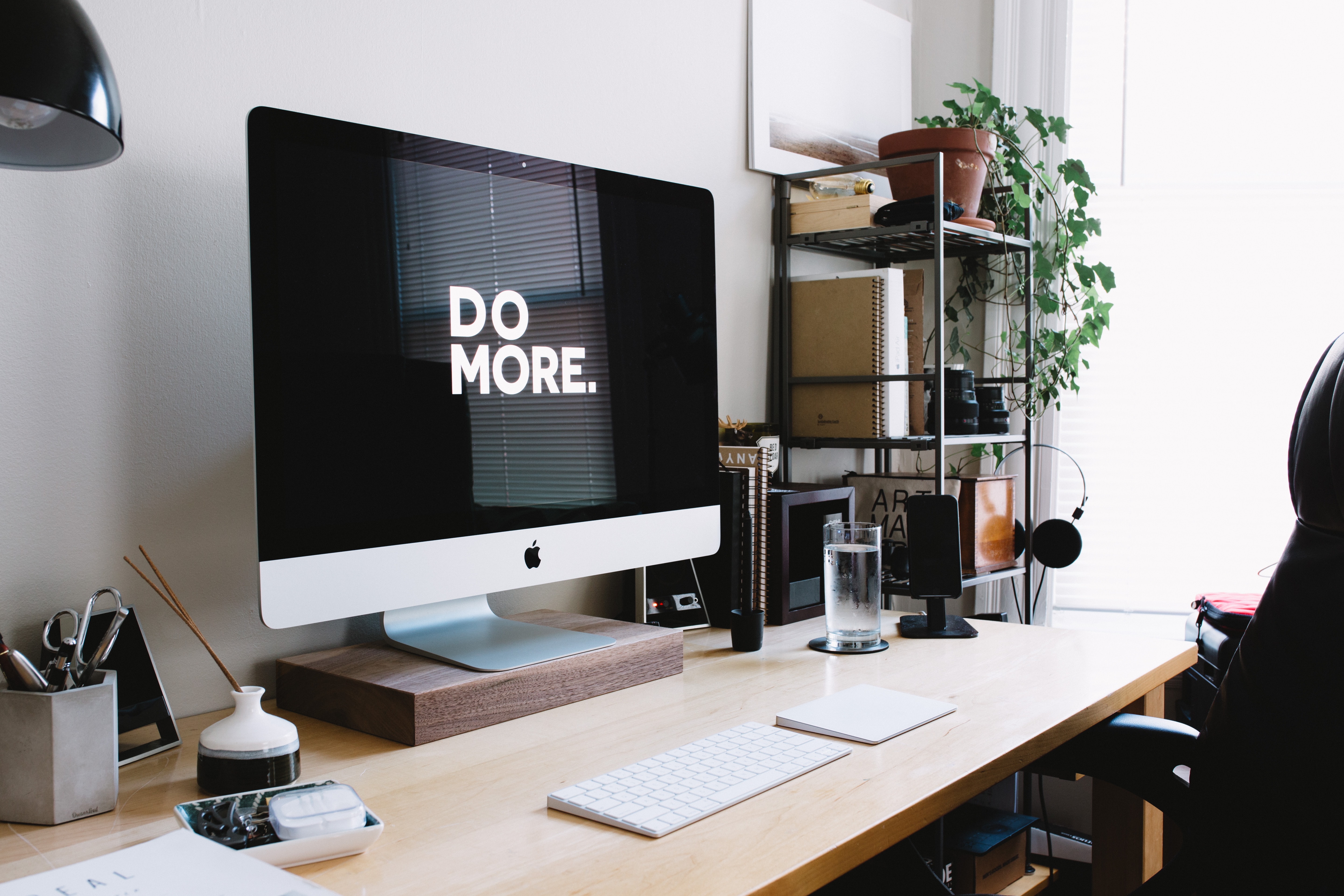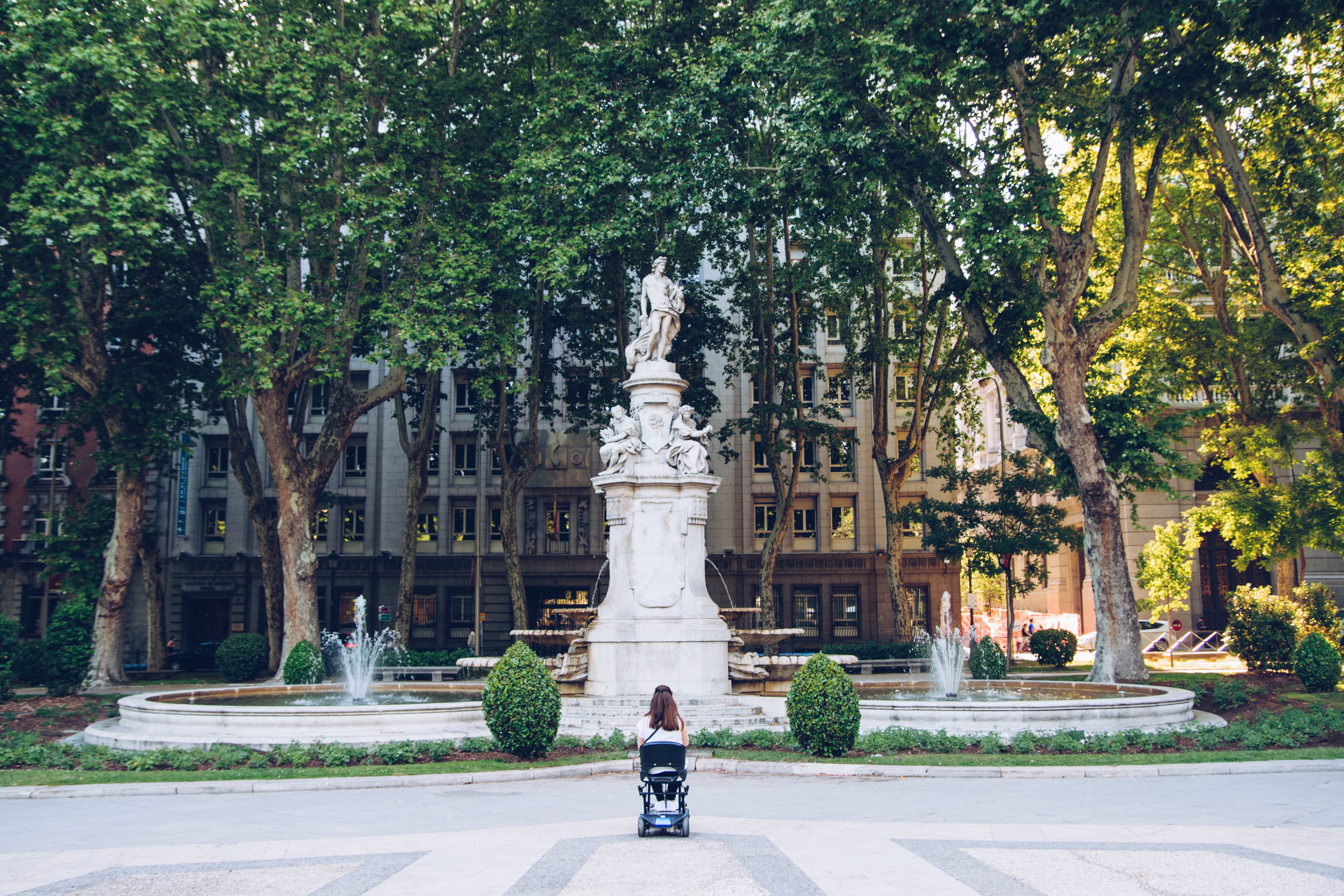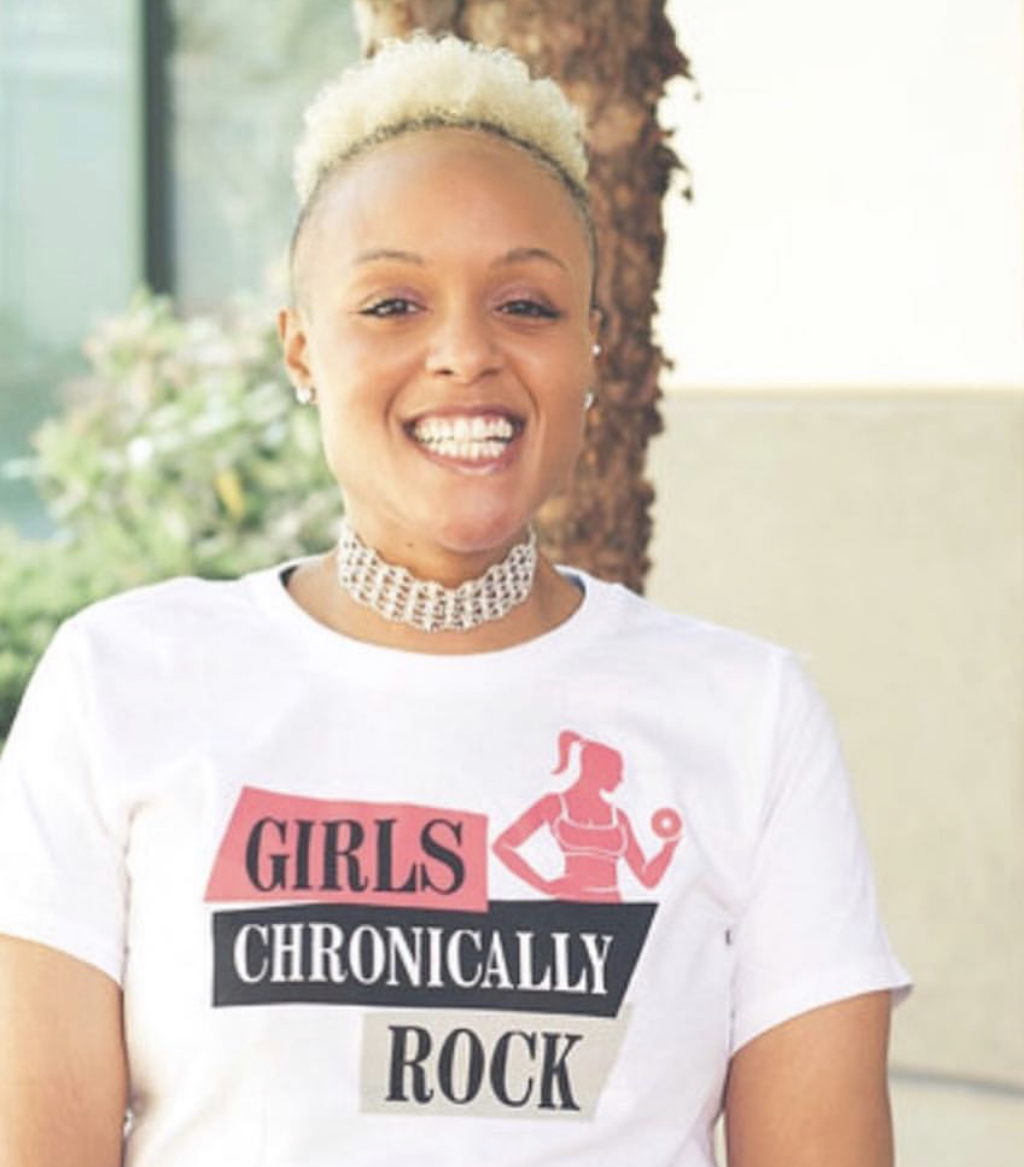Dear America, Let's Talk About Working From Home
 Is this thing on?
Is this thing on?
Because I have something to say.
For the past two months or so, I’ve watched America, my country, change…a lot. Day by day, life as we knew it, drifted into a memory close enough to miss, but far enough to not to be rekindled. I began to watch a rather repetitive medley of store closings, death, politician speech, super scripted “we’re here with you” email – rinse and repeat.
It’s been sad. It’s been terrifying. Thinking about all the people whose lives have been sacrificed for the sake of skimping on the severity of this virus makes me want to cry.
But there’s something else. There’s some part of this whole thing that rocks my soul to the core – WFH. Yep, those three little letters are the luxury that many weren’t afforded prior to the grips of this pandemic. Before there was COVID, there was a slew of companies claiming that the work just couldn’t be done without the corporate dress, on corporate butts, in corporate seats.
The pandemic detector determined: that was a lie.
 Don’t get me wrong – I am ecstatic to see how many Americans have been able to shift their workspaces to their living and dining rooms for the sake of maintaining their health. In a recent Gallup survey, Americans have noted the increase of remote work opportunities from 39% to a whopping 57% since the COVID-19 quarantines really took off (polls were taken between March 30 – April 2). What pains me is the number of offices that deemed productivity impossible without having employees physically visible. For many companies, the work is completely doable and can continue on without a hitch, while employees have the freedom of pajamas and the company of their pets snuggled at their feet.
Don’t get me wrong – I am ecstatic to see how many Americans have been able to shift their workspaces to their living and dining rooms for the sake of maintaining their health. In a recent Gallup survey, Americans have noted the increase of remote work opportunities from 39% to a whopping 57% since the COVID-19 quarantines really took off (polls were taken between March 30 – April 2). What pains me is the number of offices that deemed productivity impossible without having employees physically visible. For many companies, the work is completely doable and can continue on without a hitch, while employees have the freedom of pajamas and the company of their pets snuggled at their feet.
Some bosses argue that productivity will decrease if employees are allowed to work from their homes. Yet, proved a 13% increase in productivity due to workers’ ability to concentrate and likeness to work the full workday.
So why is it that companies suffocated with control? Why is it that they see the option of remote work a luxurious gift? And what does that mean for people who needed to stay at home – for their health, long before the solidarity of a horrifying global pandemic? Many times, it meant that we couldn’t have the job at all.
The plethora of “everyone is working from home” headlines triggered a memory that reminded me of the very reason I put my heart and soul into Girls Chronically Rock.
 Before Girls Chronically Rock, I was part of a large well-known company doing work that I adored – merchandising fashion. For somewhere between two and three years, I poured into learning and putting the fruit of my craft into large department stores and small boutiques. I would have pretty atypical days, traveling from one store to another, drawing out the essence of the brands I represented through their respective set-ups throughout the clothing sections. I loved the work and something about the work certainly loved me, too. My efforts were proven. My outputs were solid. And yet, when my legs got too weak to stand on, my job became just as shakey.
Before Girls Chronically Rock, I was part of a large well-known company doing work that I adored – merchandising fashion. For somewhere between two and three years, I poured into learning and putting the fruit of my craft into large department stores and small boutiques. I would have pretty atypical days, traveling from one store to another, drawing out the essence of the brands I represented through their respective set-ups throughout the clothing sections. I loved the work and something about the work certainly loved me, too. My efforts were proven. My outputs were solid. And yet, when my legs got too weak to stand on, my job became just as shakey.
I remember my first time falling. I’d been enjoying the day with my mother and sister when, BOOM. I found myself on the ground, wondering what on earth had happened. I don’t know how I fell. My legs just seemed to have given out. I considered that maybe I just needed to lose weight and brushed it off as I got help back onto my feet and continued along my with my day.
In the back of my mind, I worried. I began to notice a weakness slowly creeping up on me. I felt an accompanying worry weighing me down, too. I was afraid to tell my job what was going on. I didn’t even really know if I should – I was doing so well there, and it was supplementing my life as a graduate student; it wasn’t in my plans for it to be messed up. But after a series of other falls and weird degenerative symptoms, my mom and I agreed it was time to throw myself into testing and figure out what on earth was going on.
I found out. It was MD, but I wasn’t ready to let that diagnosis be true. “Maybe it’s a mistake,” I thought.
It wasn’t.
After I could no longer put it off, I wrote a detailed letter to my director and some folks in human resources. I was terrified but I knew it had to be done. I stated my accomplishments, reminded them of my proven ability to work without close supervision and creative efforts. And then I dropped the bomb: I have muscular dystrophy.
 I sunk as I wrote it. Then I followed by stating that I would likely need accommodations in the near future. I could do everything I was doing, but I needed the flexibility to work from home. By this time, my arms and legs had already gotten weaker. And falls were more frequent.
I sunk as I wrote it. Then I followed by stating that I would likely need accommodations in the near future. I could do everything I was doing, but I needed the flexibility to work from home. By this time, my arms and legs had already gotten weaker. And falls were more frequent.
While my director was sympathetic, HR was not. I’d pleaded with human resources. I promised that my production wouldn’t dwindle. They assured me no accommodations could be made for my situation. My disability.
My disability was not accommodated. It was not tolerated. Sadly, I am no longer at the company. I was heartbroken and confused.
Now reminded, I am experiencing those feelings all over again.
The coronavirus pandemic has shed light on many injustices and unnecessary nuances of America’s healthcare, welfare and corporate systems. It took high concentrations of the virus and a large number of deaths to have companies adopt a sense of humanity, caring enough about their employees’ well-being as they contributed to the success of their organizations.
It’s infuriating to watch as suddenly the things that were promised impossible were made possible within weeks. The only conclusion that I can draw is that those of us with disabilities are less valued. Our accommodations are apparently elective, our contributions to the workforce deemed expendable. Yet the very things we’ve begged for are doable for the masses of able-bodied equals.
Look how easy this was!
While the severity of this time has proven that many corporations can save their malarkey about WFH not being possible, it’s also proven that some folks are more susceptible to certain health issues. Perhaps more at-risk for immune deficiencies or physical disability, those people – people like me – are not less smart, capable, or valuable to the companies that we want to serve and grow with.
We have been fighting for this for a while. I don’t wish a disability or disease on anyone but I am angered by the thought that “the impossible” was made possible in the blink of an eye. Why has it always been such a hassle? I don’t know the answer of “why,” but I can tell you now more than ever, that it shouldn’t have been.
My hope is that when things take flight in “the new normal” world, working from home will be seen as a viable option and not a luxurious (and discriminatory) accommodation.
Dear America,
The disabled and disease community has seen what is possible. Don’t question our intelligence or diminish our value any longer. Working from home was always possible. Let us do so, and be great!
 About
About
Keisha Greaves was born and raised in Cambridge, Massachusetts. She graduated from Cambridge Rindge and Latin High School in 2003. After graduating from college, she went on to Bay State College and studied Fashion Design and received her Associate's Degree in Fashion Design and Retailing in May 2005. In September 2005, she decided to continue to study Fashion Design at Framingham State College and received her Bachelor’s in Science in Fashion Design and Retailing. After obtaining an Associate’s Degree and Bachelor’s Degree in Fashion Design she now attends Cambridge College Master’s Program, where she will receive her Master’s Degree in Business Management.
Keisha’s favorite designers are Kimora Lee Simmons, Betsey Johnson, David Josef, Denise Hajjaar, Gucci, Burberry, and many more. She designs for young women ages 18 -30 and for young toddlers, infants through age 5. Her designs are very sophisticated, unique and a perfect fit. She also does personal shopping for any age at any store location, such as Saks, Neiman Marcus, Nordstrom, private designers, and many more. Keisha’s ideal goal is to open her own clothing line and open her own boutique named after the late Grandmother that passed in 1992 from Ovarian Cancer. A percentage of Keisha’s designs will go towards the Ovarian Cancer Association
Specialties: Fashion Designing for young women for any age and doing personal shopping/stylist for many different clients.






